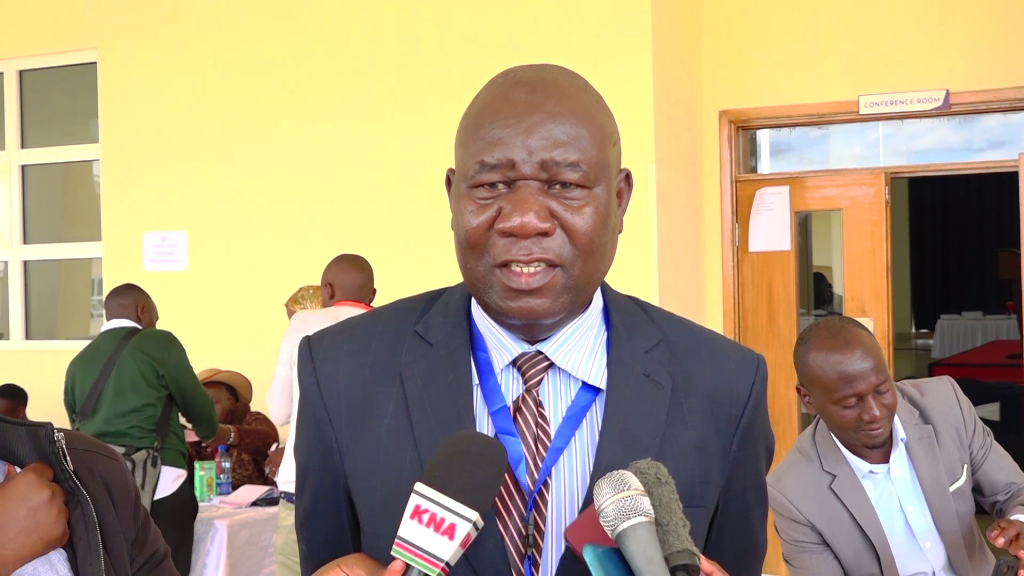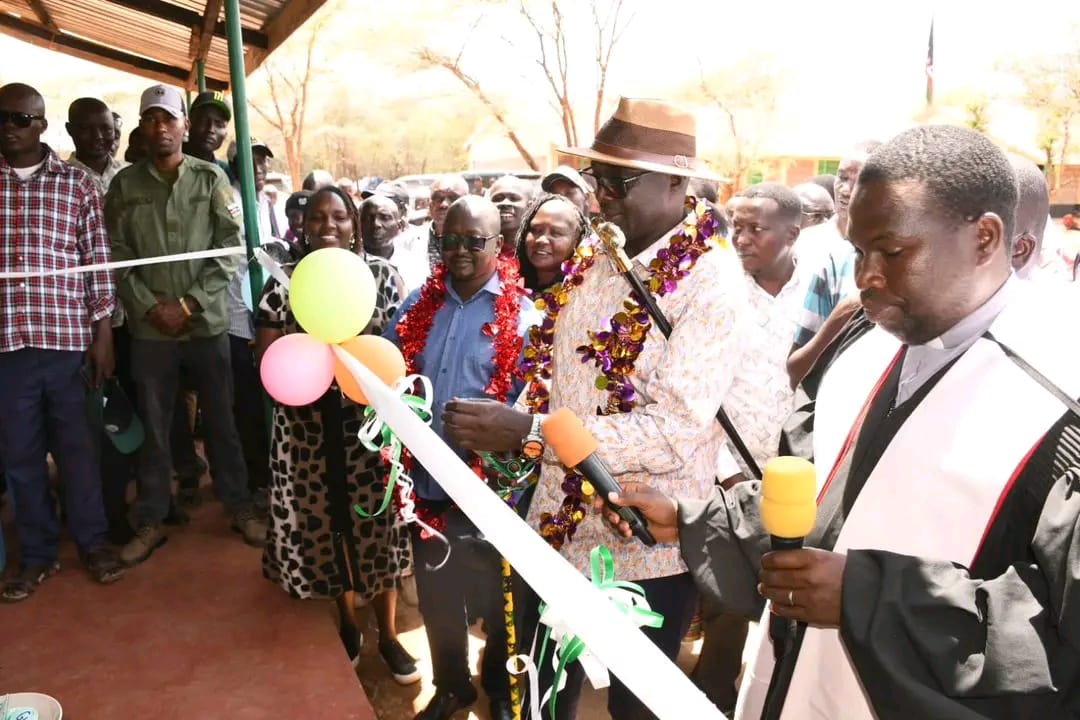Schools worldwide are increasingly integrating Artificial Intelligence (AI) into their English curricula, a move that has sparked excitement, debate, and transformation.
English teachers lauded the new technology for personalising learning, enabling them to handle routine tasks easily, giving them more time to inspire, connect with learners, and cultivate a love for the language.
Speaking during a global annual conference at Zetech University, English teachers under the umbrella of the English Language Professionals Association of Kenya (ELPAK) allayed fears that the growth of technology would replace teachers, saying it would instead empower them.
They insisted that AI is no longer just a futuristic concept but a classroom reality, especially in English language instruction.
ELPAK Chairman Fredrick Otieno, who’s a retired teacher, said the group aims to bring together English teachers from across the country for professional growth and to tackle problems they face while teaching in their isolated areas.
“This is a forum where teachers grow professionally. We believe that teachers need continuous professional development. We bring together our teachers so that they can also find solutions to the problems they face and for the benefit of the students who are the end recipients of the teachers,” Otieno said.
READ ALSO:
TSC and teachers union CBA negotiations speeded as deadline looms
The Chairman noted that incorporating AI in English teaching has made teachers’ work easier, including assessing and setting exams and lesson planning.
“AI is excellent and helpful to the teacher and the learner, but should not replace the teacher. It’s a good asset, and teachers have embraced it in their work, including writing proposals and theses,” he said.
Otieno, however, expressed concerns that the technology is not directly beneficial to learners in the Kenyan system owing to the restriction of mobile phone usage in schools.
The ban was enforced to reduce distractions, improve focus in the classroom and curb the potential for negative behaviours such as bullying and violence.
Teachers led by Jemal Maringo from Tanzania and Rukia Mohammed emphasised that the new technology has become a classroom assistant.
Most use AI to analyse students’ writing more efficiently, freeing time for more meaningful one-on-one instruction and discussion.

“Teaching the English language in Tanzania has been challenging because our main language is Kiswahili. Even teachers face difficulties because our learners have very low standards and understanding of English. With the new technologies, we have witnessed tremendous change and improvement in learning and teaching English,” Maringo, who has taught for 20 years, said.
Prof Njenga Munene, the Vice Chancellor of Zetech University, described the English language as vital due to its widespread global usage, serving as a Lingua Franca for international communication, education, and technology.
Invented decades ago and spoken by over 80 countries worldwide as their national languages, Munene stated that AI can assist in collating dialects and phonetics by analysing large datasets of speech and text to identify patterns in pronunciation, vocabulary, and intonation specific to different dialects.
The global English conference, which drew guests from all over the world, provided a platform for discussing evolving trends in English language teaching and learning.
By Kamau Njoroge
You can also follow our social media pages on Twitter: Education News KE and Facebook: Education News Newspaper for timely updates.
>>> Click here to stay up-to-date with trending regional stories
>>> Click here to read more informed opinions on the country’s education landscape






